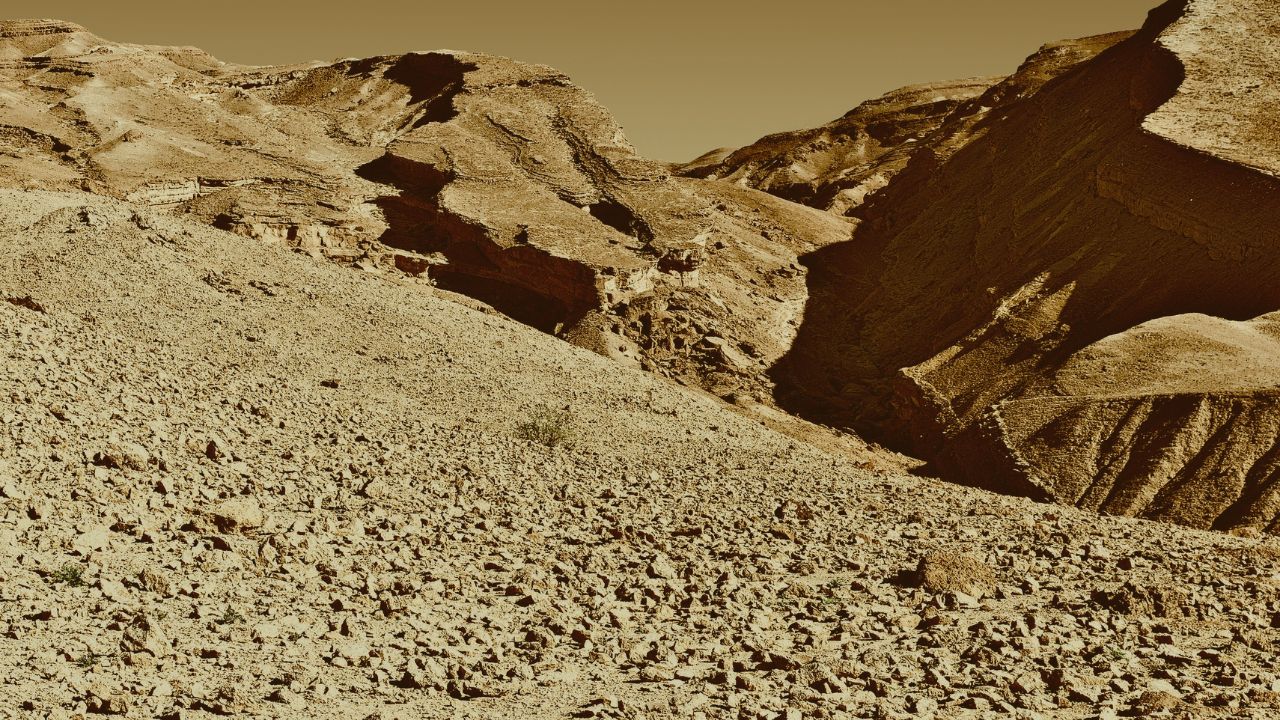Why is Palestine also a climate justice issue?
Israel’s regime of settler-colonialism and apartheid in Palestine is responsible for exacerbating the climate and environmental crisis both in Palestine and globally.
Despite this, worldwide governments and corporations keep strengthening ties with Israel and prioritizing profit rather than people’s and planet’s health.
Indigenous Palestinians have no control over their land or natural resources, and are consequently more exposed to the consequences of Israel’s damage to the environment. Here are a few examples:
- Jewish National Fund (JNF)
JNF was founded in 1901 as a key institution of the Zionist colonisation project.
It currently holds 13% of the lands belonging originally to Palestinians, while Israel Land Authority administers the other 93% from which Palestinians were dispossessed. Millions of non-native tree species and invasive plants were planted, often on top of demolished Palestinian villages, damaging the local biodiversity. JNF continues to greenwash its activities for fundraising today.
- Water Theft
The West Asia and North Africa region are the most vulnerable to exacerbated water stress caused by climate change.
Palestinian’s vulnerability is doubled by the hegemonic control of the Israeli regime over water.
While most renewable water is underneath the West Bank and Gaza grounds, Israel controls 80% of the resource and has overpumped aquifers and rivers, while prohibiting Palestinians from building water infrastructure, living Palestinians dry.
95% of the underground water in Gaza is polluted by Israel.
An illegal settler consumes 300 L/ day, while a Palestinians 75L/day on average.
- The Interconnector project and Siemens
The EuroAsia Interconnector will link Europe’s electricity infrastructure with Israel’s national grid that includes the illegal settlements on stolen Palestinian land.
The Interconnector would further normalize Israel’s illegal settlements in the occupied Palestinian territory, including Jerusalem, and legitimize their expansion.
- The role of gas and Chevron
Chevron energy corporation has a billions-dollar deal with Israel for its gas extraction licenses. The company is implicated in Israel’s illicit transfer of extracted fossil gas to Egypt through a pipeline illegally crossing the Palestinian Exclusive Economic Zone (EEZ) in Gaza, besieged for 15 years. Chevron is also known for the “Amazon Chernobyl” dumping of toxic waste water in Ecuador, for which it has not been held accountable.
- Israel-Egypt-EU gas deal
Seeking alternatives to Russian oil and gas, the European Union signed a tripartite gas deal with Egypt and Israel on buying Israeli gas. This deal is complicit in normalizing the Egyptian and Israel regimes and violations of Palestinian human rights, not holding them accountable for their crimes. It will also implicitly give the greenlight on the activities held in illegal settlements and in the Gaza strip, which is under a 15-year blockade with no control over its territory and resources.
- Pillaging of the Dead Sea minerals
The variety of the Dead Sea minerals has been exploited for decades by profitable cosmetic industries and raw materials, such as silt, sand, gravel and mud. Since 1967, Israel has total control over the occupied Dead Sea area, establishing settlements, profiting from the tourism industry, and Israeli (and non) cosmetic, such as Ahava, and extraction companies.
This wild pillaging, together with the climate change, has exacerbated the environmental damage to the Dead Sea, already shrinking, which is now at high risk of drought.
Useful resource
